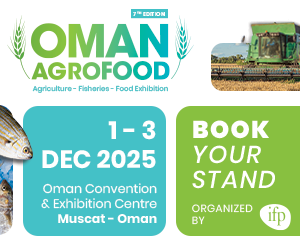Leading scientists are urging sweeping reforms to Africa’s food systems as a critical step to combat one of the world’s most severe land degradation crises. With 46% of the continent’s land already affected—and more than half of all cultivated land at risk by 2050—experts warn that urgent action is essential to secure food supplies, protect biodiversity, and strengthen climate resilience.
A recent article in Nature outlines transformative pathways, from restoring degraded lands through sustainable farming to cutting food waste and shifting toward less land-intensive diets. Restoring even half of degraded land—around 13 million square kilometers—could revive ecosystems and boost agricultural productivity.
The scientists stress that success depends on empowering those who manage Africa’s landscapes: Indigenous Peoples, women, and smallholder farmers. Ensuring secure land rights, expanding access to technology, and redirecting subsidies toward sustainable practices are seen as vital steps.
Food waste reduction is another key priority. Cutting waste by 75% could spare farmland nearly the size of Africa, according to the study. Policies banning rejection of “imperfect” produce, improving logistics, and consumer education are among the recommended solutions.
Integrating marine and land-based food systems also offers major gains. Transitioning away from resource-heavy red meat toward sustainable seafood and seaweed farming could free over 17 million square kilometers of pastureland while providing climate-friendly nutrition.
The economic stakes are high. Soil erosion and nutrient loss already cost Africa billions annually, threatening significant portions of its agricultural GDP. Yet investment in land restoration could yield returns up to seven times greater than the cost of action, reinforcing food security and poverty reduction.
By aligning food system reforms with land stewardship, African nations can accelerate progress toward the UN’s Sustainable Development Goals and global climate commitments. As one co-author put it, “land is not just soil—it is a living ally that sustains biodiversity, stores carbon, and underpins cultural heritage.”
The message is clear: rethinking food systems is no longer optional but a necessary pathway to restore Africa’s land, uplift rural communities, and build a more resilient future.
Source: Capital Ethiopia, citing Nature




















































































